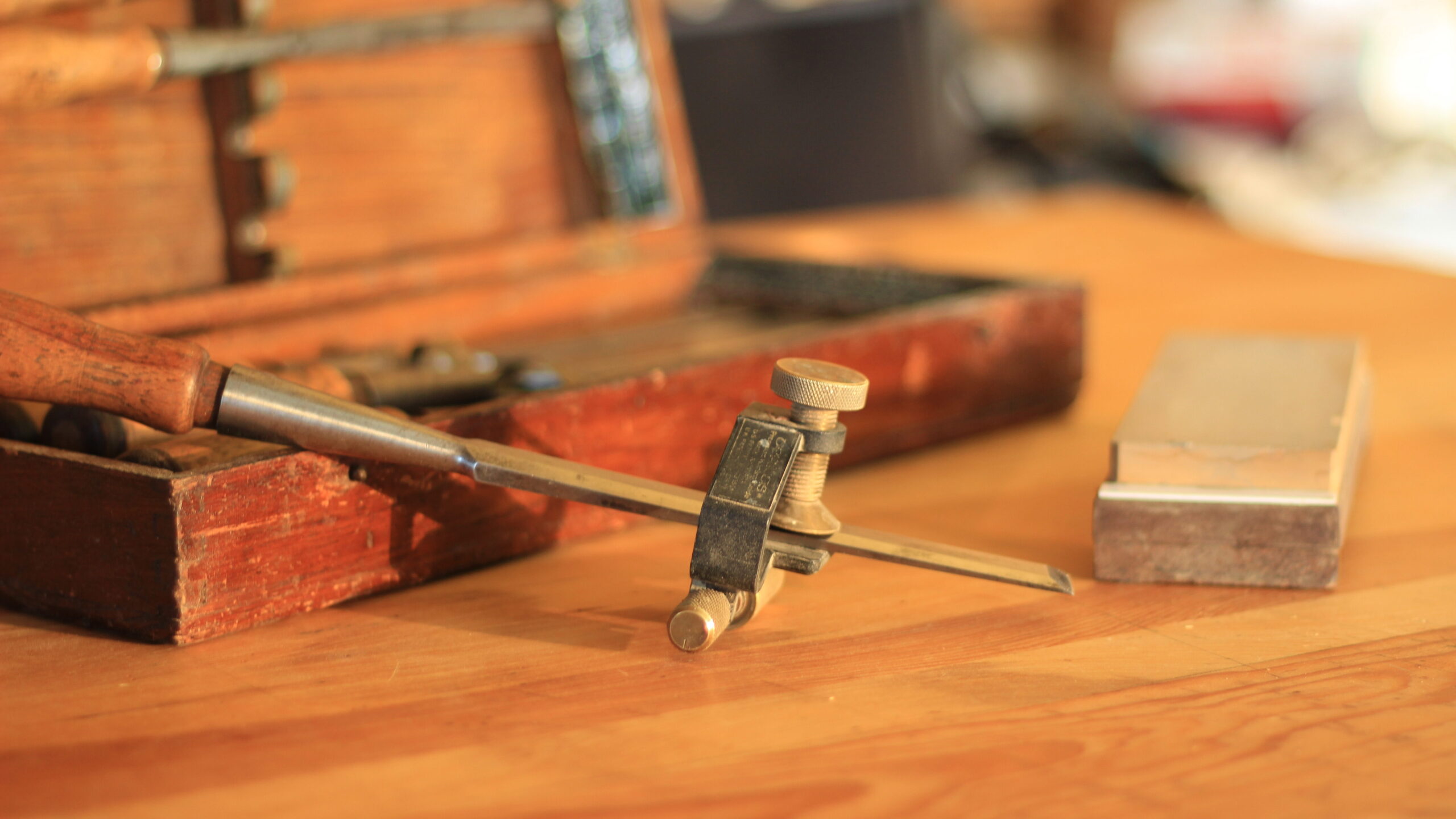
The Art of Peacemaking
“Blessed are the peacemakers, for they will be called children of God.”
– Matthew 5:9
Back in the 1960s, the psychologist Abraham Maslow famously wrote, “If the only tool you have is a hammer, it is tempting to treat everything as if it is a nail.”
Over the past thirty years I’ve earned most of my living working as a cabinetmaker—first in a furniture factory, then for a contractor, and the last twenty years in a little shop in my backyard. Over the years I have assembled a collection of tools to fit my craft. I often tell people that if you walk into my shop, you will surely wonder how I build my cabinets with the meager collection of tools I have sitting around. Missing are the large power planers, sanders, jointers, and saws which other cabinetmakers might depend upon. I have chosen my tools carefully, mostly hand tools with a few select power tools that make my line of work easier.
I have kept my focus narrow—mostly built-in cabinetry and some furniture—and, thus, have been able to limit the amount of power tools that could clutter my shop. My tools are my friends, my companions in the shop. I know exactly where to reach for them to complete the task that sits in front of me. My tools seldom fail me unless I fail to care for them. I constantly take time out to hone the edges of my chisels and planes to make my work easier and more precise.
This blog is about the finer points of being a peacemaker. Peacemakers have their own set of tools they rely on, unique to the work in which they are involved. An activist protesting the war in Afghanistan has a different set of tools than the negotiator working with two disputants in a civil case. A young student fresh out of college working overseas as a Peace Corps volunteer is given a different set of tools than those a therapist working at salvaging a young couples marriage will rely on.
Over the years, Lombard Mennonite Peace Center has assembled its own set of tools based on our particular work of focusing primarily on connections within the church setting. It may be helping two congregants restore a fractured relationship; helping a congregation work through a potentially volatile decision; or helping a congregation navigate tensions between the minister and the congregation. With that in mind, it makes sense that the tools in our toolkit are designed specifically to help reconnect and restore fractured relationships.
Our tool chest includes Family Systems theory, restorative conversations, ethnography, intercultural competency, poetics, interpersonal mediation skills, sociology, and more—all from a strong biblical foundation. Our list of tools changes and evolves as the world and church encounters new circumstances.
Join us as we hone our tools and share with you the finer points of the art of peacemaking in our world!
— Devon Miller
